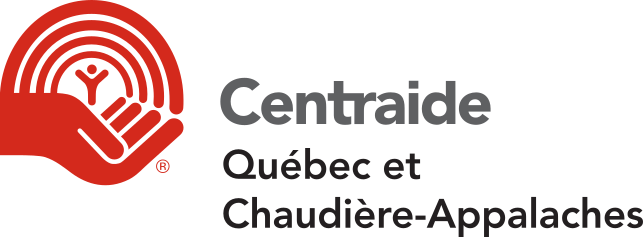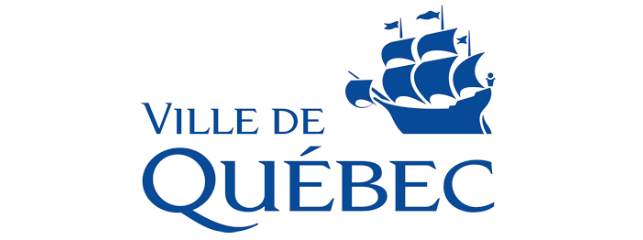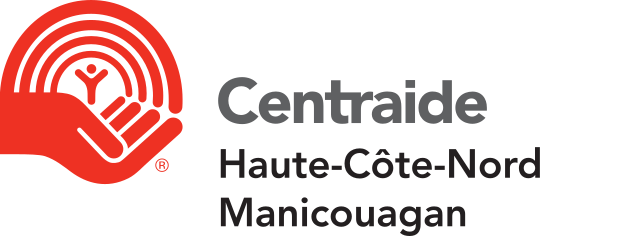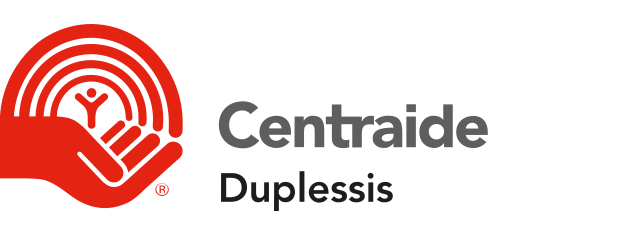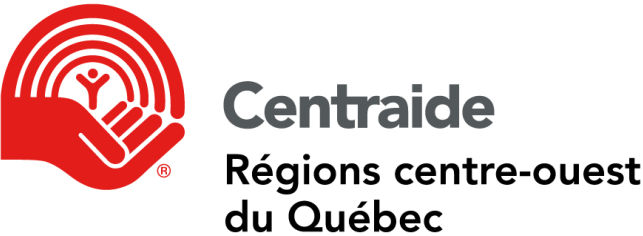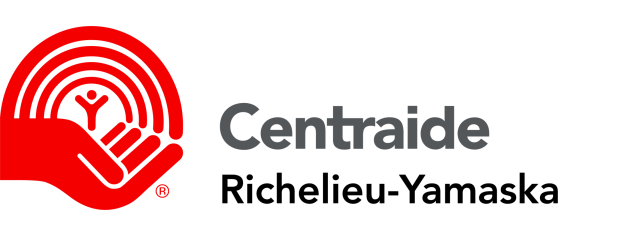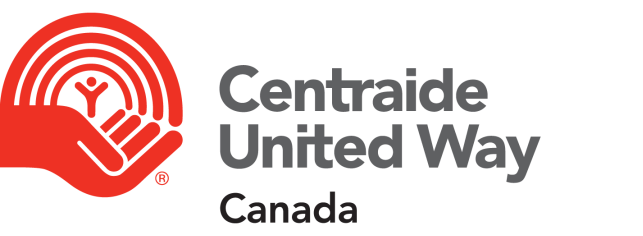[ Browse by Service Category : Topics Related to Domestic Violence Shelters (15) ]
Transitional Housing/Shelter
Programs that provide extended shelter and supportive services primarily for homeless individuals and/or families with the goal of helping them live independently and transition into permanent housing. Some programs require that the individual/family be transitioning from a short-term emergency shelter. The length of stay varies considerably by program. It is generally longer than two weeks but typically 60 days or more and, in many cases, up to two years or more. The supportive services may be provided directly by the organization managing the housing or may be coordinated by them and provided by other public or private agencies. Transitional housing/shelter is generally provided in apartment style facilities with a higher degree of privacy than short-term homeless shelters; may be provided at no cost to the resident; and may be configured for specialized groups within the homeless population such as substance use disorders homeless mentally ill, homeless domestic violence victims, veterans or homeless people with AIDS/HIV. Included are post-domestic violence shelter housing programs that make affordable rental housing (or other accommodations) available to women, generally those who are coming directly out of a domestic violence shelter or other crisis shelter, often in apartment complexes owned by the shelter; and programs that provide transitional housing and support services for other targeted groups such as military and veteran families and others who need a temporary supportive living environment to maintain stability and begin to thrive.
Domestic Violence Intervention Programs
Programs that offer classes or groups, sponsor victim panels or provide other interventions which help domestic violence offenders understand and take responsibility for their acts of violence and abuse; realize that their behaviour is the result of their desire to gain power and control over their partner's life; and make a decision to stop their abuse by looking at the damaging effects of their actions on their relationships, partners, children and themselves. The group sessions address the tactics of power and control; describe the cycle of abuse; challenge stereotypical gender role expectations; and help abusers identify and articulate their feelings and recognize behaviour, emotional and physical cues which signal escalating anger. Participants learn problem solving skills, negotiation and conflict resolution skills, stress management techniques, communication and listening skills and other skills that will help them develop and maintain positive, healthy partnerships; and may be ordered by the court to attend or self-refer. The victim panels provide a venue which enables volunteers who have been subjected to abuse to describe the treatment they have endured and the impact on their lives.
Domestic/Family Violence Legal Services
Programs that provide information and guidance and/or representation in court proceedings for individuals who have been abused in an intimate relationship and/or for people who are facing a misdemeanour or criminal charge for perpetrating abuse. Included are domestic violence law clinics and other legal assistance programs that represent victims of domestic abuse at restraining order hearings or in other civil or criminal actions involving charges against an abuser. Most also represent the person's interests in complexities that arise as part of the legal process such as restitution, payment of debts or child support, custody and visitation and property control. Some programs may also represent victims of domestic abuse who have been charged with a crime and/or handle cases involving accusations of child abuse filed by one parent against the other, abuse of an elderly person by an adult child or abuse of an adult child by a parent.
Spouse/Intimate Partner Abuse Counselling
Domestic Violence Hotlines
Programs that provide immediate assistance for women and men who have experienced domestic abuse which may include steps to ensure the person's safety; short-term emotional support; assistance with shelter; legal information and advocacy; referrals for medical treatment; ongoing counselling and/or group support; and other related services. Hotline staff are generally available via telephone, email, chat and/or text.
The above terms and definitions are part of the Taxonomy of Human Services, used here by permission of INFO LINE of Los Angeles.

